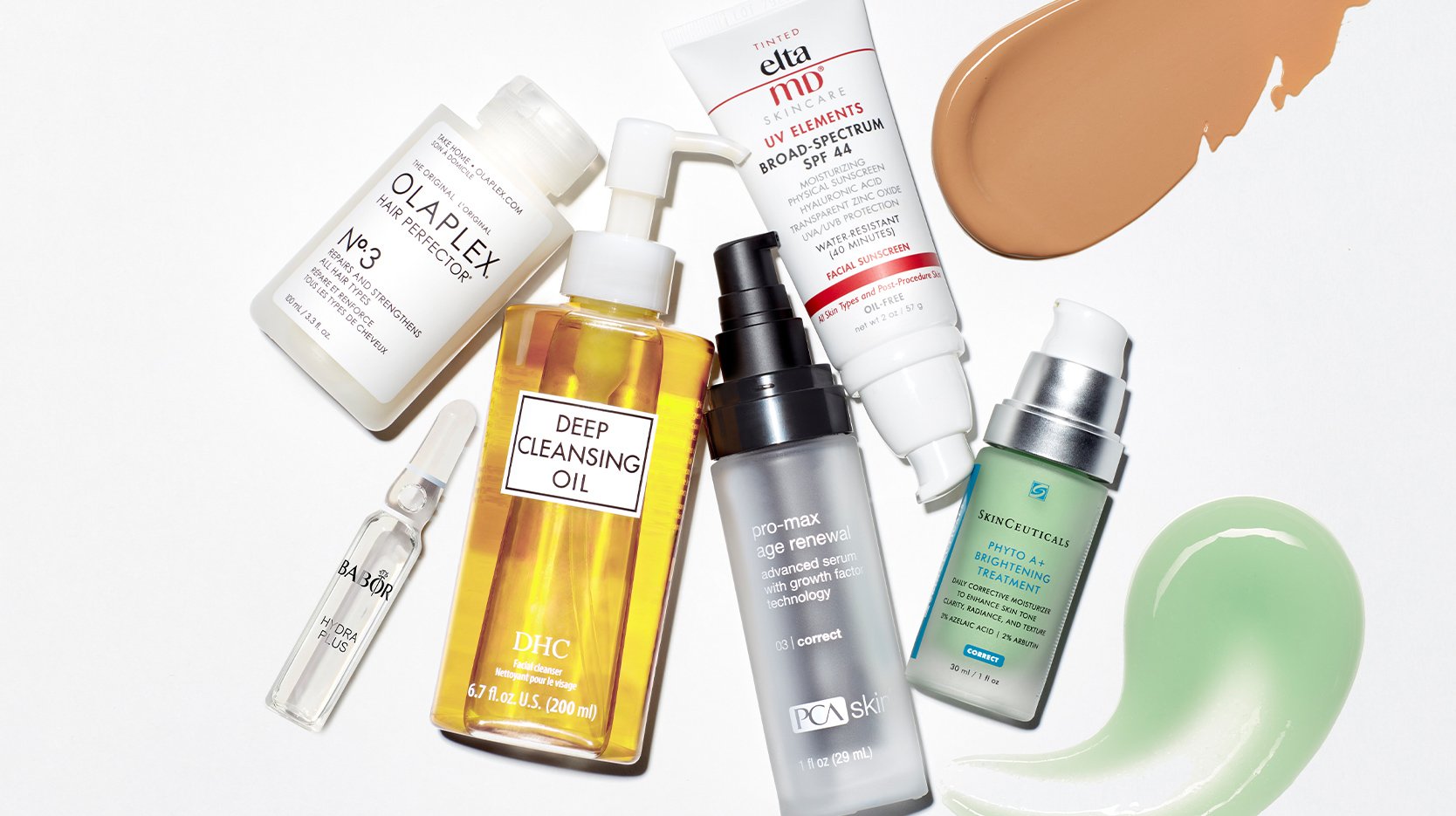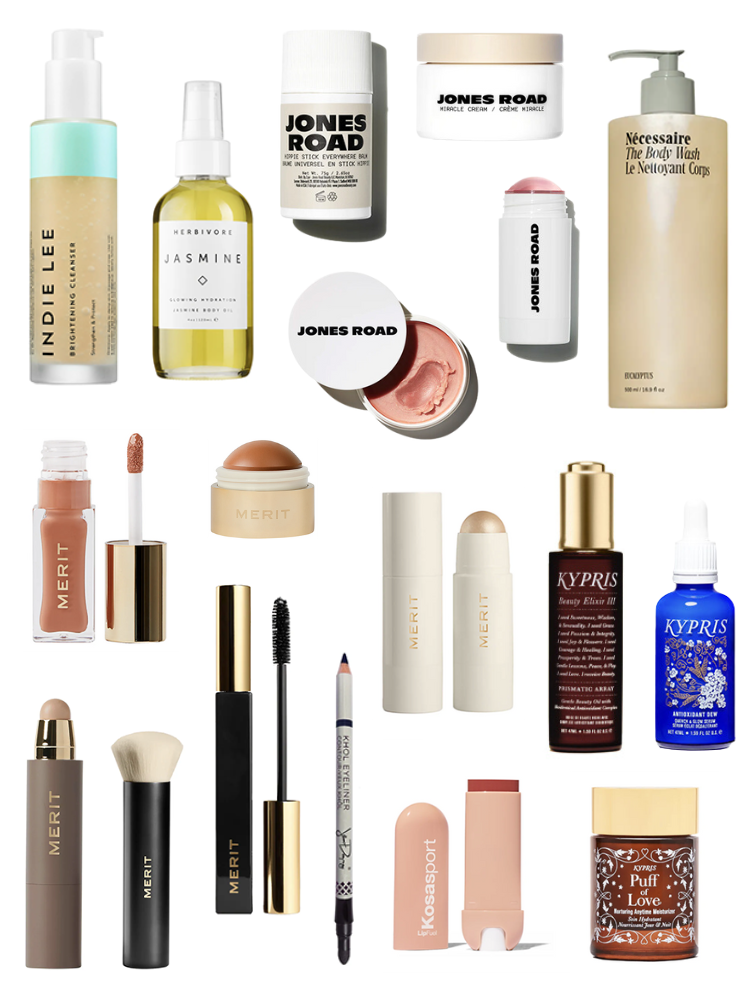Why Cruelty-Free Appeal Products Are the Future of Skin Care and Cosmetics
The shift in the direction of cruelty-free elegance products is not just a fad; it shows a significant transformation in consumer worths and market techniques. As recognition around ethical intake surges, especially among more youthful demographics, brands are forced to reassess their screening approaches and component sourcing. This advancement is further driven by developments in modern technology, which assure reliable alternatives to conventional pet testing. The ramifications of this change extend past consumer choices, increasing questions regarding the future of governing standards and brand name honesty. What remains to be seen is exactly how these dynamics will shape the landscape of the beauty market.
Expanding Consumer Recognition
The growing customer understanding surrounding cruelty-free beauty products reflects a substantial change in societal values in the direction of honest usage. As individuals increasingly focus on the well-being of pets and seek to make informed acquiring choices, the need for products that are not examined on pets has surged. This enhanced recognition is driven by a mix of aspects, consisting of the surge of electronic systems that facilitate expertise sharing, higher openness from brands, and advocacy projects that highlight the honest effects of typical screening methods.
Customers are now a lot more equipped than ever to research study and identify cruelty-free brand names, leading to a more critical industry. The expansion of qualification logo designs and standardized labeling has also added to this change, enabling consumers to make choices lined up with their values easily. More youthful generations, especially millennials and Gen Z, are leading the fee, usually opting for brands that symbolize their honest position. This cultural makeover not only affects private buying behavior but also stress firms to take on cruelty-free techniques to remain affordable. As recognition proceeds to grow, the charm sector encounters a vital to adjust, ensuring that ethical factors to consider end up being integral to item advancement and advertising strategies.
Moral Factors To Consider in Appeal
Moral factors to consider in charm expand past the world of animal well-being, incorporating a wider range of social and environmental influences. Customers are significantly scrutinizing the sourcing of ingredients, labor methods, and the environmental footprint of appeal items. Brands that focus on moral methods frequently use sustainably sourced products, reducing their ecological impact while supporting reasonable trade initiatives.
Moreover, the elegance market has a significant influence on international labor markets, particularly in developing countries where numerous ingredients are sourced. Ethical brands advocate for equitable labor techniques, ensuring that employees obtain reasonable wages and secure working problems. This commitment to social responsibility not only enhances the lives of those associated with the production procedure yet additionally reverberates with consumers who value transparency and stability.
Additionally, the environmental effect of packaging and production approaches can not be ignored. Brand names are progressively taking on eco-friendly packaging services and lessening waste, straightening with an expanding consumer need for sustainability. By attending to these honest considerations, appeal brands can promote a much more diligent industry that values both individuals and the earth, leading the way for a future where responsible techniques are the standard rather than the exemption.

The Effect on Brand Commitment
Customer loyalty to appeal brands is significantly affected by moral techniques, especially in the world of cruelty-free and lasting products. cruelty-free beauty. As customers come to be much more socially conscious, their purchasing choices are often article assisted by the moral effects of the products they select. Brand names that focus on cruelty-free methods not just interest this growing demographic but additionally foster a feeling of trust and honesty among their consumer base

Furthermore, the openness bordering cruelty-free certifications improves customer self-confidence in the brand's commitment to honest methods. This openness can create an emotional link in between the consumer and the brand, more solidifying commitment. In an age where brand name online reputation is significantly scrutinized, the commitment like this to cruelty-free practices is not just a fad but a significant consider long-lasting brand name loyalty.
Advancements in Cruelty-Free Formulations
As brand name loyalty progressively hinges on ethical methods, companies are reacting with cutting-edge strategies to cruelty-free solutions. The sector is witnessing a rise in the development of options to animal screening, using advanced modern technologies such as in vitro testing and computer system modeling. These methods not just fulfill moral criteria yet likewise speed up product growth timelines.
In addition, many brands are harnessing the power of natural active ingredients that are both reliable and lasting. Plant-based essences, bioengineered substances, and ethically sourced products are obtaining grip, attracting environmentally mindful consumers. Developments in preservation strategies, such as making use of natural chemicals, boost item longevity without compromising cruelty-free honesty.
Brand names are additionally buying transparent sourcing practices, enabling consumers to trace the origin of active ingredients. This openness cultivates depend on and equips customers to make enlightened selections. Furthermore, partnerships with non-profit organizations and cruelty-free certifications are becoming much more usual, signaling a commitment to ethical practices.
As the need for cruelty-free products proceeds to increase, these innovations not only redefine sector criteria yet likewise contribute to an extra humane future for charm and skincare. The dedication to moral formulations is reshaping customer assumptions and driving the market toward greater accountability.
The Future of Regulatory Specifications
The landscape of regulative requirements for cruelty-free charm products is progressing swiftly in feedback to expanding consumer need for transparency and honest methods. As consumers significantly focus on gentle treatment of pets in item development, regulative bodies are being advised to establish clearer standards and qualifications that define what constitutes cruelty-free.
Current policies vary widely by region, developing complication amongst customers and suppliers alike. cruelty-free beauty. In the future, we can anticipate a move towards standardized meanings view it and standards, potentially resulting in an unified international structure. This would certainly not just enhance consumer trust however likewise urge more brands to embrace cruelty-free practices
Moreover, improvements in modern technology, such as alternate screening approaches and artificial insemination versions, are most likely to influence regulative requirements. These advancements might pave the means for more strict demands that focus on humane methods without jeopardizing item security or efficiency.
The partnership in between sector stakeholders, campaigning for groups, and governing authorities will certainly be critical in shaping these standards. By cultivating discussion and developing natural plans, the charm sector can guarantee that cruelty-free methods become an indispensable component of its ethical landscape, eventually profiting consumers, pets, and the environment.
Conclusion
The shift in the direction of cruelty-free charm items indicates a crucial improvement in the skin care and cosmetics market. Raising customer understanding and moral factors to consider drive brands to adopt gentle methods, cultivating higher brand commitment. Advancements in formulations not only boost product efficiency yet also align with progressing governing standards. Inevitably, the commitment to cruelty-free practices is vital for brand names looking for to grow in a competitive market, as it resonates deeply with the values of contemporary customers.